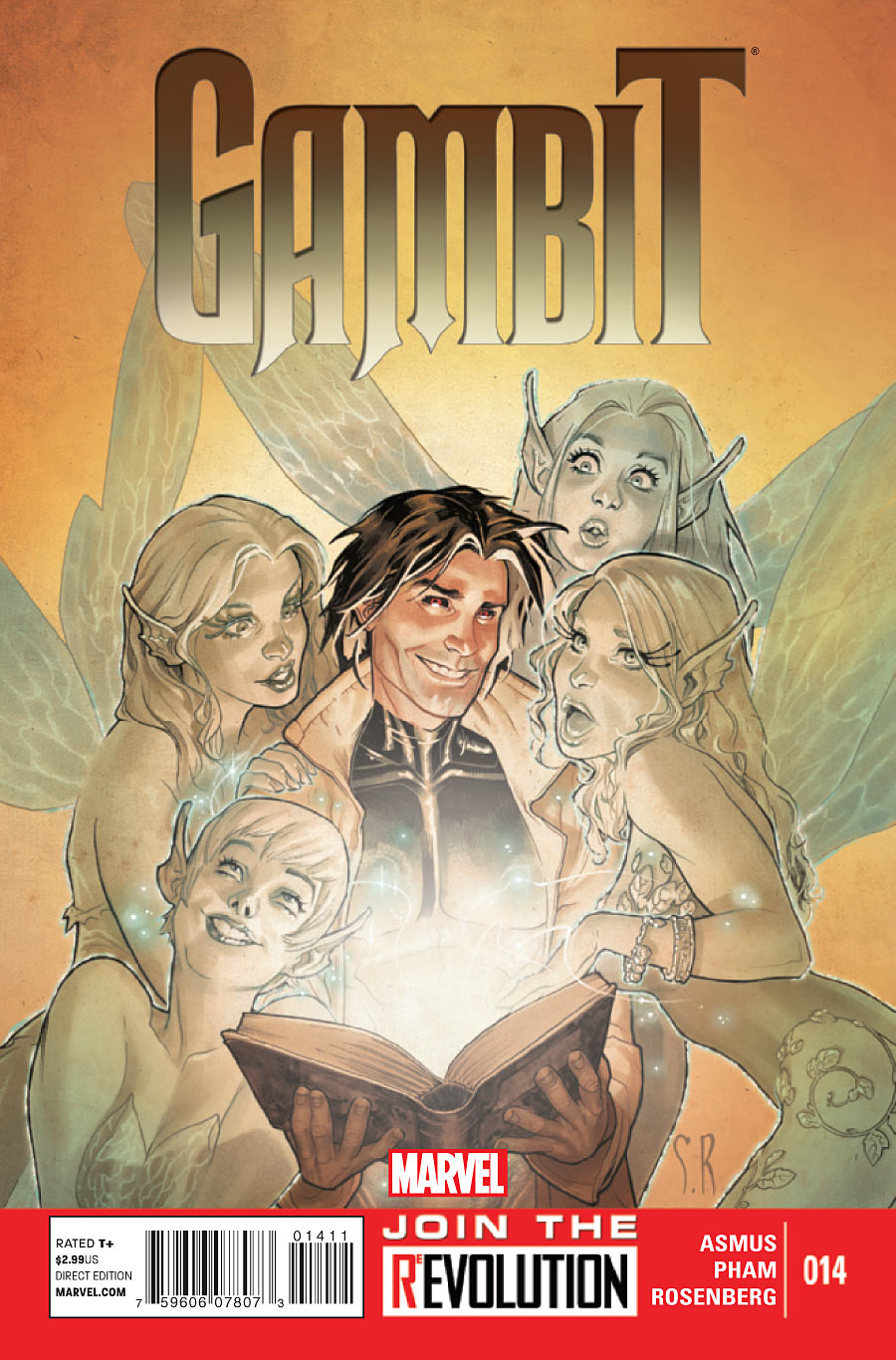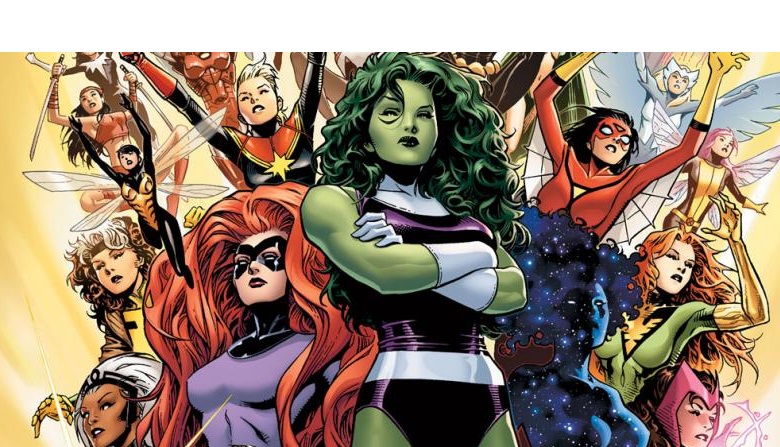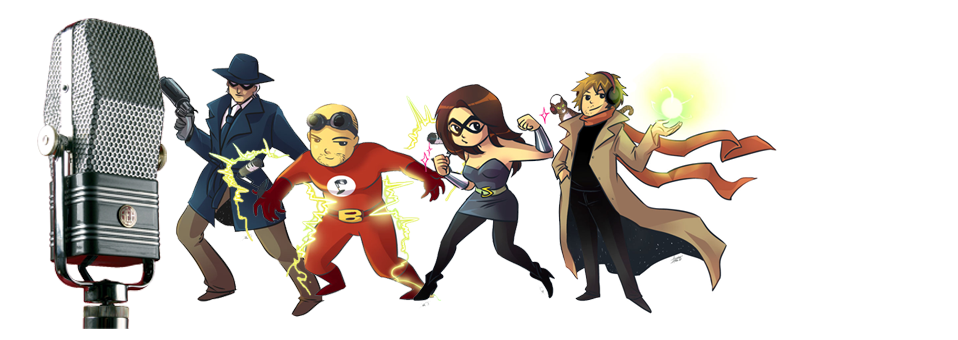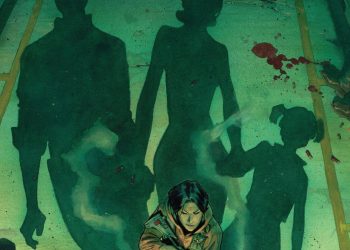Story Arc: Lazarus Volume 1: Family
Writer: Greg Rucka
Artist: Michael Lark
Colorist: Santi Arcas
Publisher: Image Comics
Publishing Date: June 26th, 2013 – October 2nd, 2013
Issues: 1-4
Column By: Max Mallet
“One in the back of the head, I think… quick and painless. Or so I hear.”
“I’m sorry, it isn’t. I speak from some experience.”

SYNOPSIS
In a post-apocalyptic future where governments have toppled, resources are scarce and a few families control the globe, Forever Carlyle serves as our guide and window into this bleak near-future. Forever is a cybernetically enhanced woman who serves as the Carlyle family’s Lazarus — part ambassador, part terminator. She enforces the Carlyle family’s will, stabilizing their economic, social and military demands.
In the “Family” story arc, Greg Rucka (Black Magick, Wonder Woman) and Michael Lark (Daredevil, Gotham Central) introduce us to the harsh, Darwynian world of Lazarus. All the while, Forever walks a proverbial minefield of politics, betrayal and existential crisis.

FOREVER CARLYLE

From youth, Forever has been groomed to be the perfect killer. Her father views her as the arm of his army first and then as a diplomatic tool, barely viewing her as his daughter at all. Her family gives her only as much emotional resonance as is absolutely necessary to keep her mentally stable.
Forever is a somewhat nuanced character in an incredibly binary world of haves-and-have-nots. Despite her bionic enhancements and the Carlyle scientists’ best efforts, Forever finds herself questioning many of her actions. The comic even begins with Forever brutally killing three armed men who were stealing food from the Carlyle family’s stockpiles because they were hungry.
The Carlyle Lazarus has all of the hallmark abilities of the ideal killer: stealth abilities, tactical acumen and expert marksmanship (to name a few). Additionally, she possesses:
- Enhanced strength, allowing her to overpower larger enemy combatants
- A cybernetic healing factor that allows her to survive intense trauma such as gunshot wounds.
- X-Ray vision that allows her to view enemies through walls and other structures.
THEMES
NATURE VS. NURTURE

From the very beginning, Lazarus tackles the question of nature vs. nurture. Despite years of training and honing her body into a literal weapon, Forever still feels pangs of guilt after killing. Against her father’s strongest intentions, Forever shows promises of becoming more than merely a spectre of death.
FAMILY

In each issue, it’s pretty clear that Rucka is drawing a mafia parallel with his world-building. Lazarus portrays the ruling families as ruthless warlords and economic gods. Citizens only obtain goods and services as their overlords allow them to. The Carlyle family demands loyalty above all else, much like the kings and queens of centuries past. It appears that as Forever continues to develop her own sense of morality, she might have to choose between family and conscience.
ECONOMIC DISPARITY
Rucka’s inception for the idea behind Lazarus comes from the notion of the Occupy Wall Street, “going horribly wrong.” The nightmare vision is an imagining of the 1% allocating even more wealth in conjunction with all of the world’s military might. Then, consider the collapse of all nation-states, and this is a recipe for security and luxury for the few and rampant chaos among the masses.
FEMALE EMPOWERMENT

While Lazarus isn’t the most overtly feminist comic, it’s still feminist nonetheless. Forever exists in a world that, like this one, is largely run and controlled by men. Yet, Forever has begun to question a world that would silence her individuality. She proves herself to be more clever than her male adversaries and their superior in combat.
LAZARUS’S PLACE IN MODERN INDIE COMICS
Rucka and Lark have something special on their hands with Lazarus. According to comic book aggregate review website comicbookroundup.com, the four issues from the Family story arc earned scores of 8.6-8.7 per issue, from over 100 reviews. Many critics and fans alike applaud this first story arc for the clever, intricate world-building. Rucka’s writing is smart but not overly verbose, and Lark’s artwork is both appropriately bleak and striking. Writer Olivia Salva for the A.V. Club astutely points out that Lazarus stands out from most Image sci-fi comics because it’s more grounded in economic and political trends.
Lazarus has grown to its 26th issue as of this column’s publishing date, and Legendary Television won the bidding rights to produce a T.V. series. Rucka’s engaging writing style and Lark’s moody artwork are a huge part of why fans and critics alike eagerly anticipate new Lazarus issues.











